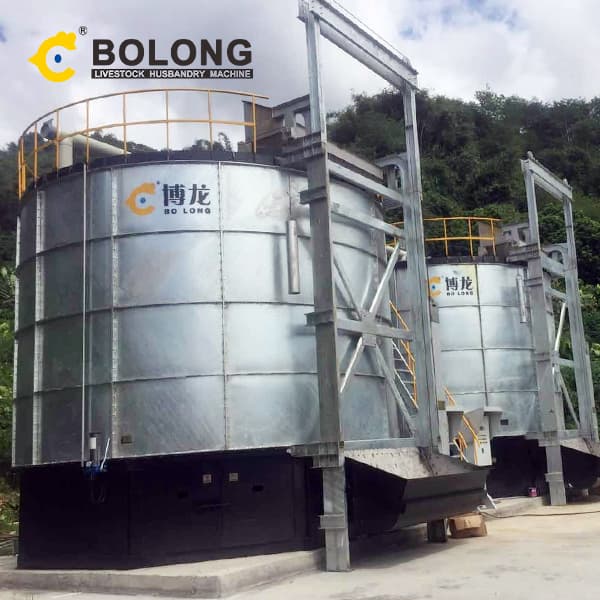
Brome Compost can build you a customized on-site industrial composting system for your specific needs. Our composters are simple to use, modular, and adaptable to meet a variety of composting goals. : info@bromecompost.com : 1-866-646-5204
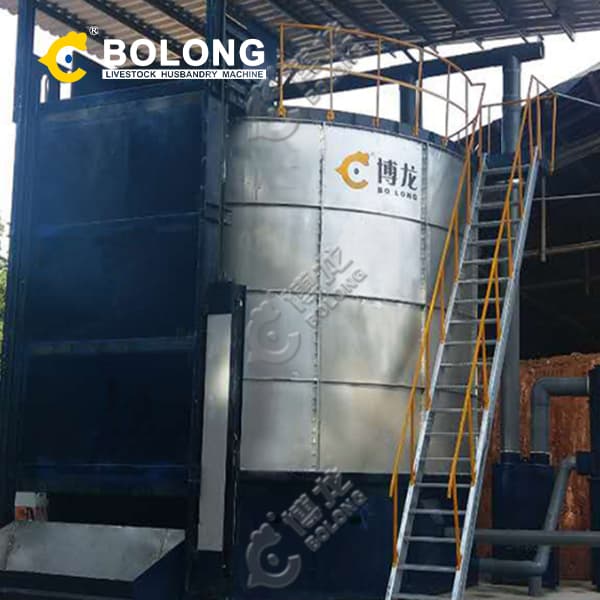
By composting yard debris, food scraps, manure and crop residues, we can reduce the production of greenhouse gases and produce a valuable resource for farmers, orchardists, gardeners and muncipalities. Washington has committed to reducing landfill-disposed organic material by 75% by 2030. By 2025, amount of edible food disposed of in the
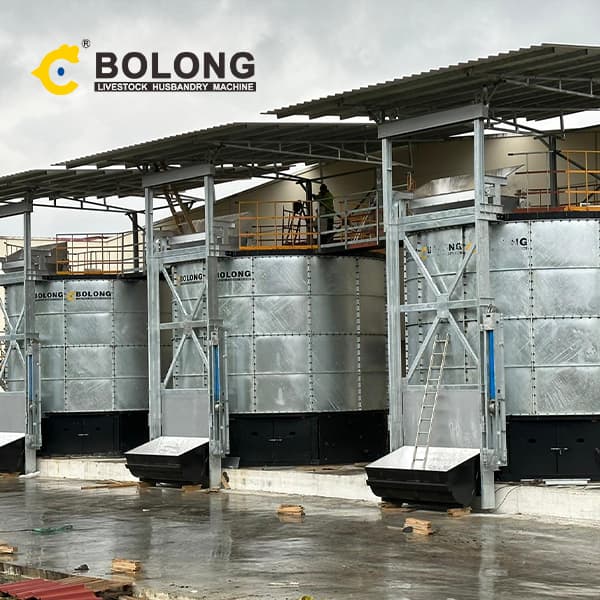
Jan 1, 2012 · The composting process consists of some basic steps such as pre-processing, high rate decomposition, recovery of bulking agents, curing and post-processing (Fig. 1) (Metcalf and Eddy, 2003). Composting is a successful strategy for sustainable recycling of organic wastes (Fermor, 1993, Tuomela et al., 2009). It is an ecological alternative to
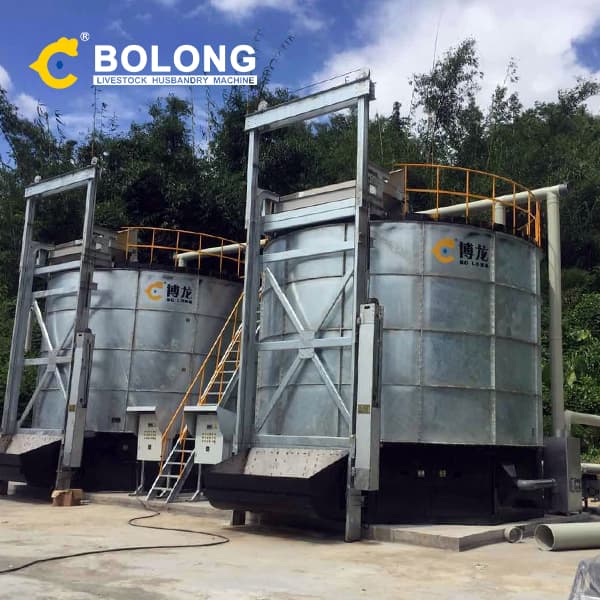
Jul 1, 2022 · Composting is an effective and necessary modality in the recycling of agricultural wastes such as livestock manure, furfural, and straw. However, the risks of heavy metals (HMs) and antibiotic resistance genes (ARGs) during industrial-scale composting process have not been adequately assessed, especially with the addition of bacterial agents.
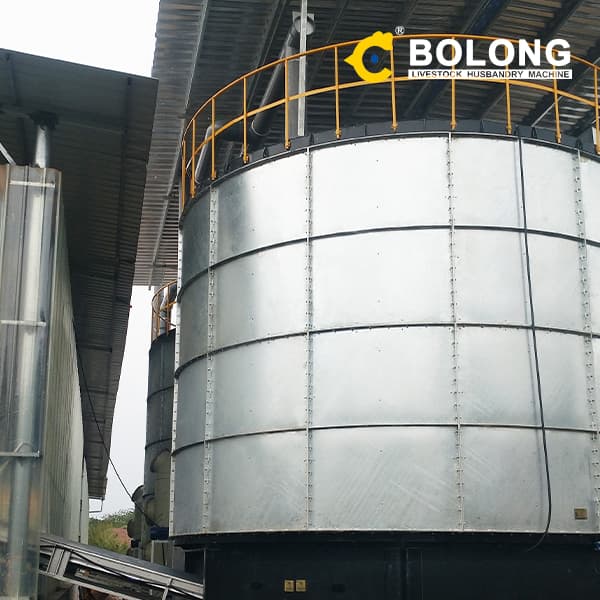
Aug 24, 2017 · There are basically three techniques used in industrial composting: windrow, In tank, and aerated static pile composting. Windrow composting is an open-air process that places the composting material into long piles approximately 5 feet high called “windrows.”. These windrows are turned regularly to ensure that all the composting
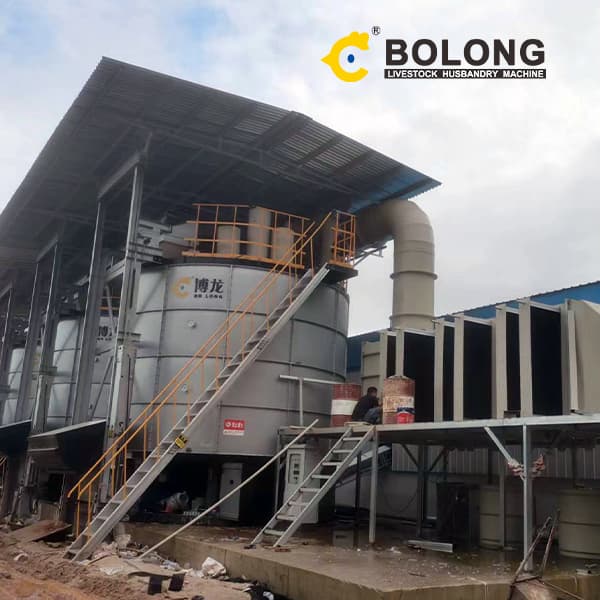
Industrial composting technologies allow you to turn organic waste into compost on a much larger scale than you could ever achieve with a home composting system. To achieve this scale, specialised equipment and facilities are often used. There are several different and technologies that can be used for industrial composting, including
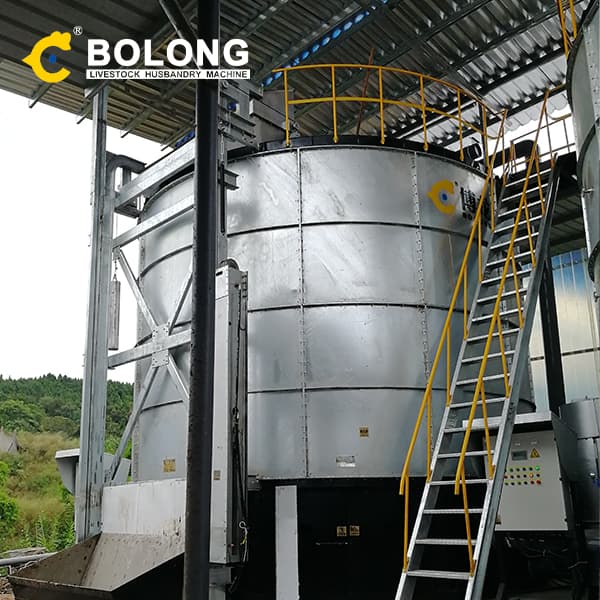
1 day ago · The pH level is an indicator of the acidity or alkalinity of the composting material, measured on a scale from 0 (very acidic) to 14 (very basic), with 7 being neutral. Composting can work effectively between the pH levels of 5.5 to 9; however, the process is most effective between 6.5 to 8.0.
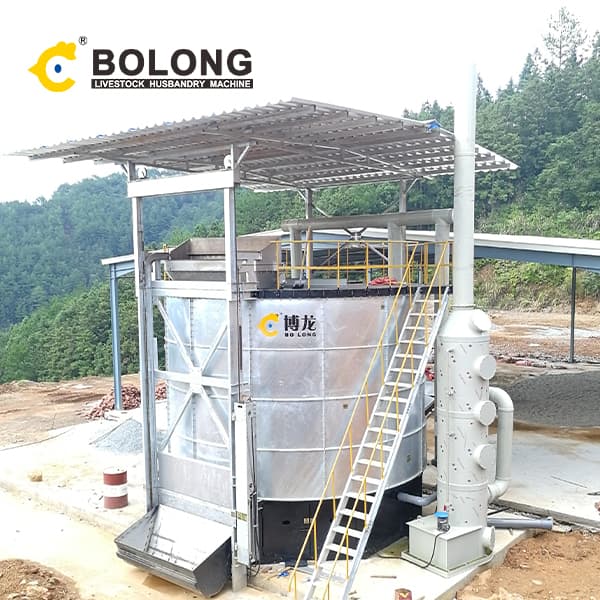
Compost is an environmentally friendly way to create healthy soil for Wisconsin's landscape. Compost made from yard materials and other organics, like food scraps, can replenish soil with microorganisms and nutrients. Wisconsin law prohibits landfill disposal of yard materials (also called "yard waste"), including leaves, grass clippings, brush
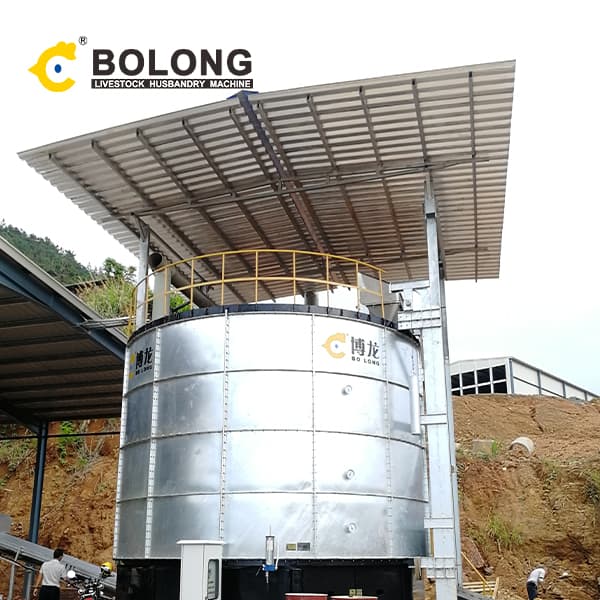
May 20, 2020 · Composting and anaerobic digestion techniques are widely used for manure recycling, but these have shown conflicting results in the removal of antibiotics, antibiotic resistance genes (ARGs), and heavy metals. In the present study, anaerobically digested chicken manure and various types of c
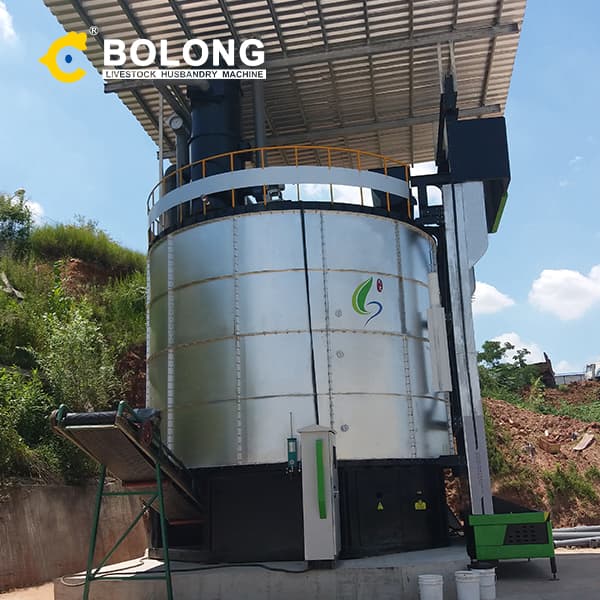
Sep 21, 2023 · Manure is best for fertilizing lawns. Manure is cheaper than compost because it’s easier to produce. For this reason, it’s the perfect choice for fertilizing your lawn — especially once it’s been dethatched. Dethatching is the process of removing the layer of dead foliage between the soil and the lawn.
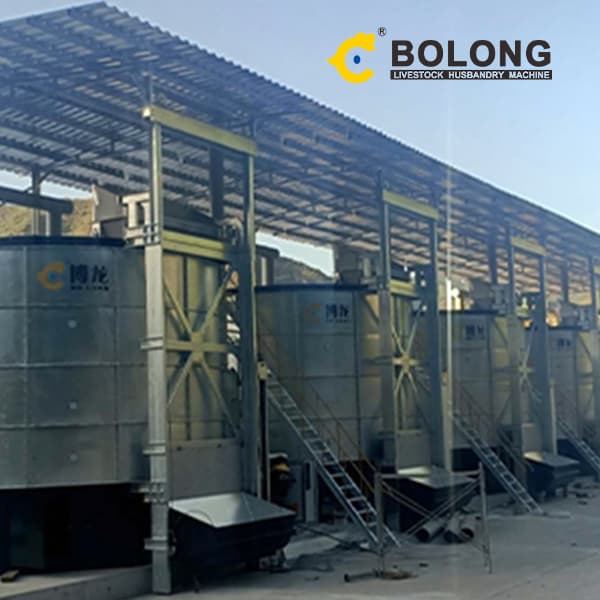
The manure composting system is the latest technology of making compost manure that is highlighted by its function of automatic compost management. Therefore, its price is over 19,000 dollars. Usually, it is the perfect choice for those investors who are emphatic about product quality and production speed.
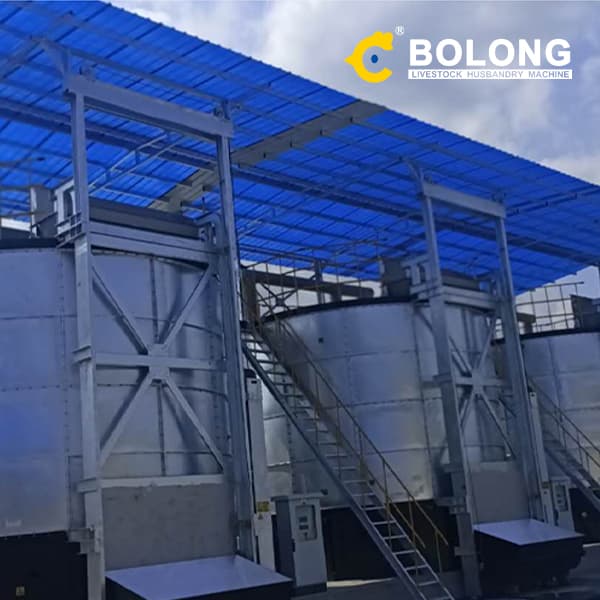
Sep 2, 2020 · Vermicomposting involves adding red worms to a compost bin in order to break down the material into high quality compost called castlings. The worms help to speed up the compost process to about 3-4 months without turning. However, there is the added factor of caring for the worms, and ensuring they have the proper living environment and food

Oct 18, 2023 · At A Glance. Mixing compost with manure can significantly enrich the soil by adding a variety of essential nutrients and organic matter, promoting better soil structure, water retention, and microbial activity. While compost improves soil texture and provides a slow release of nutrients, manure can provide a more immediate nutrient boost

3 days ago · Composting is the controlled, aerobic (oxygen-required) biological decomposition of organic materials by microorganisms. Organic (carbon-based) materials include grass clippings, leaves, yard and tree trimmings, food scraps, crop residues, animal manure and biosolids. Compost is a dark, crumbly, earthy-smelling, biologically-stable soil
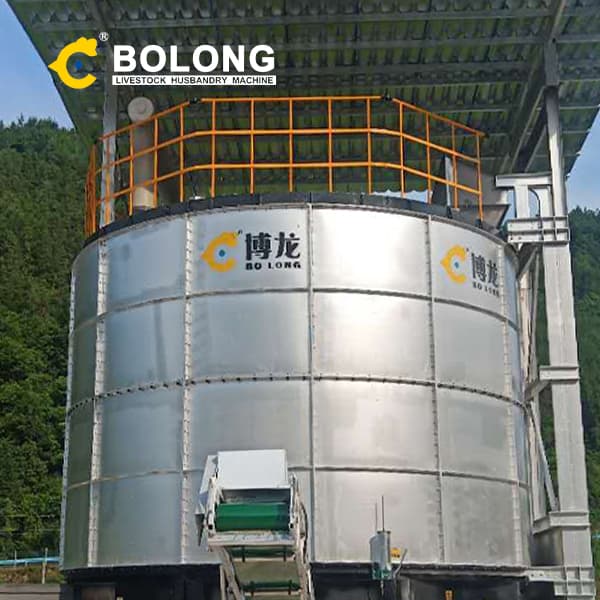
Compost is a mixture of ingredients used as plant fertilizer and to improve soil 's physical, chemical, and biological properties. It is commonly prepared by decomposing plant and food waste, recycling organic materials, and manure. The resulting mixture is rich in plant nutrients and beneficial organisms, such as bacteria, protozoa, nematodes